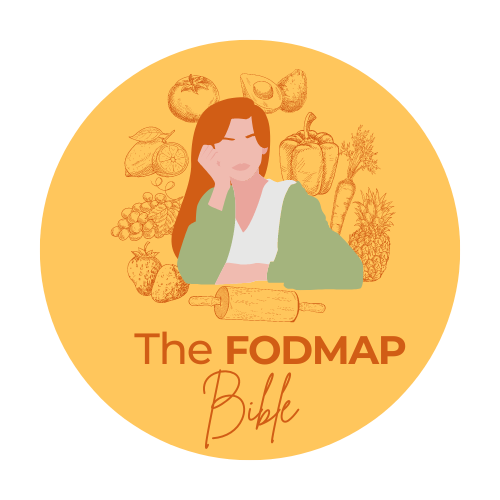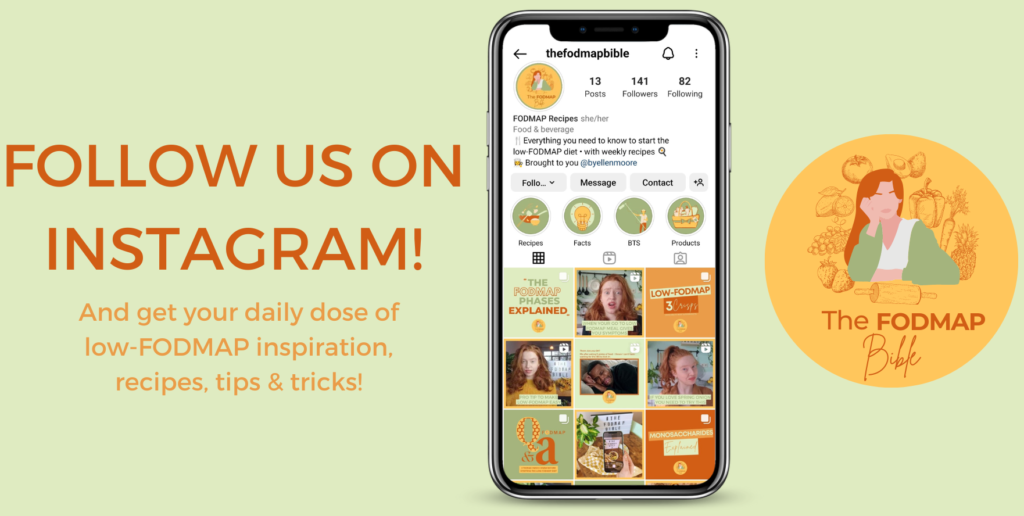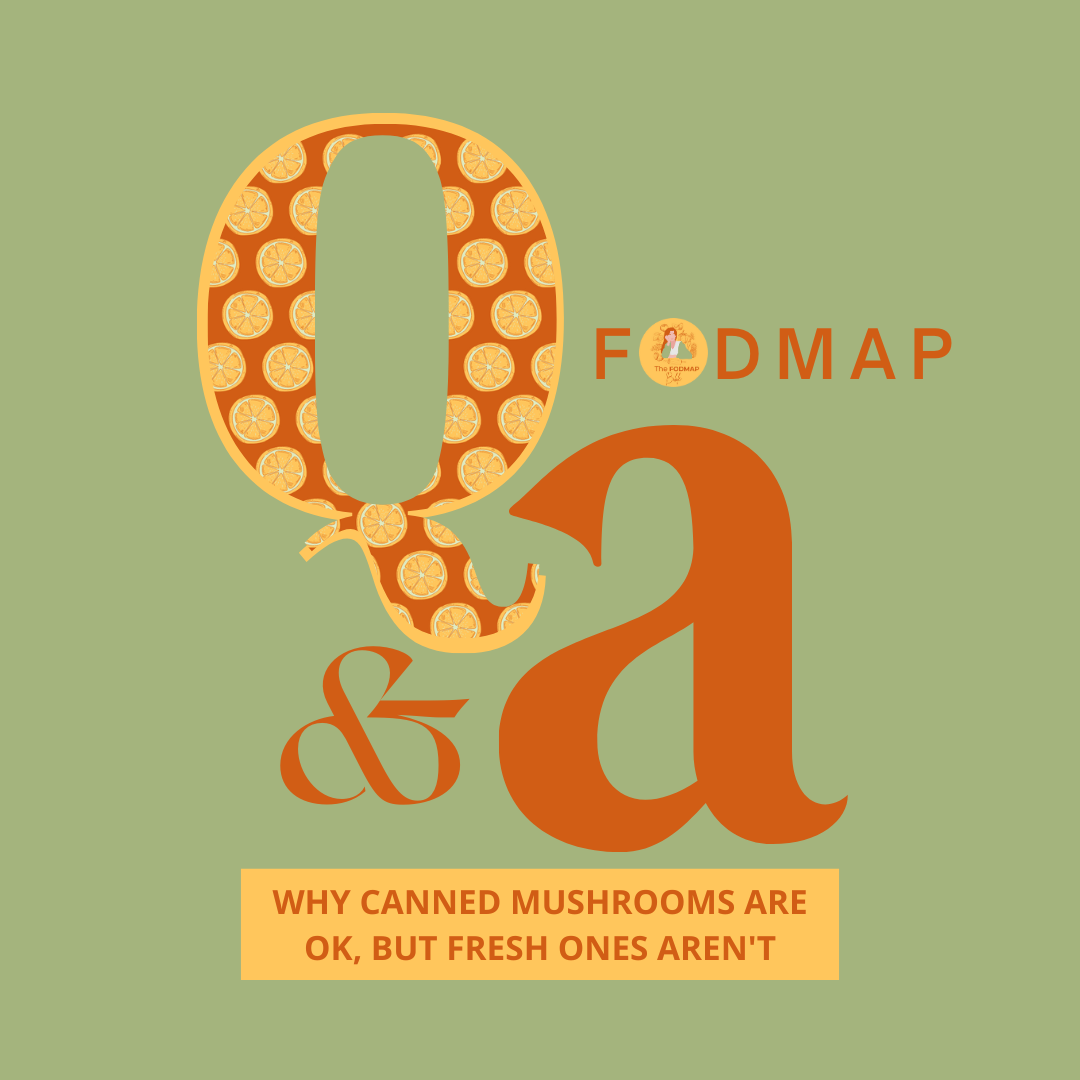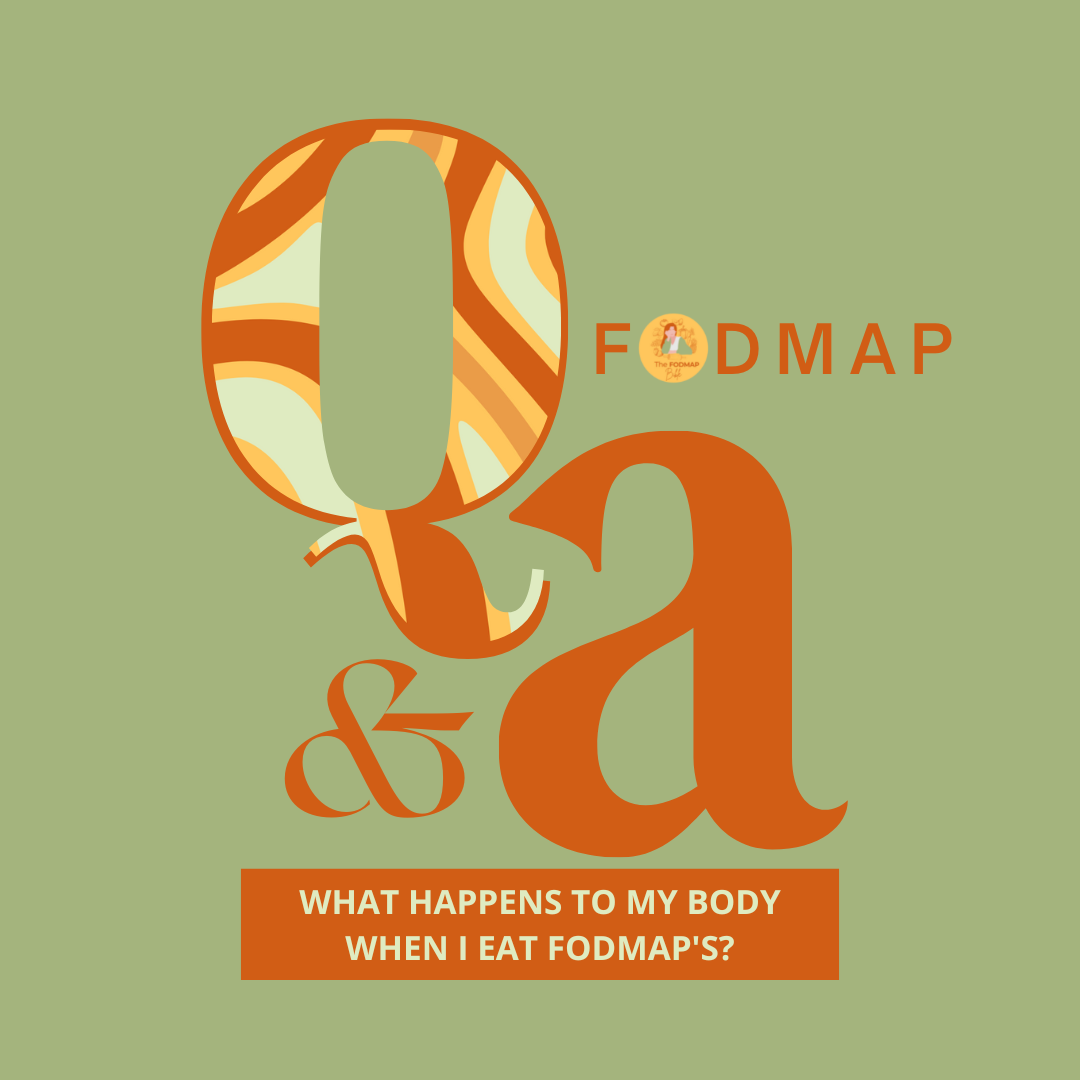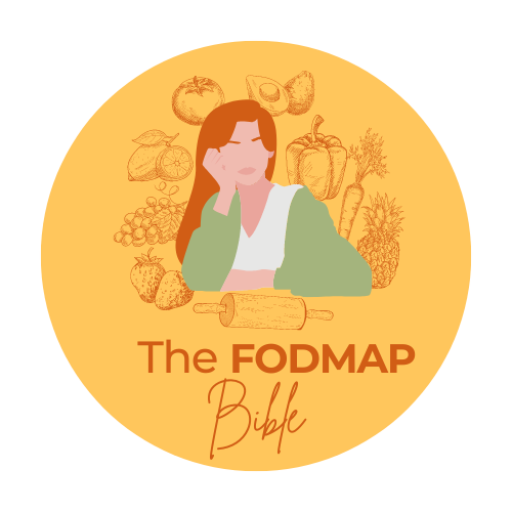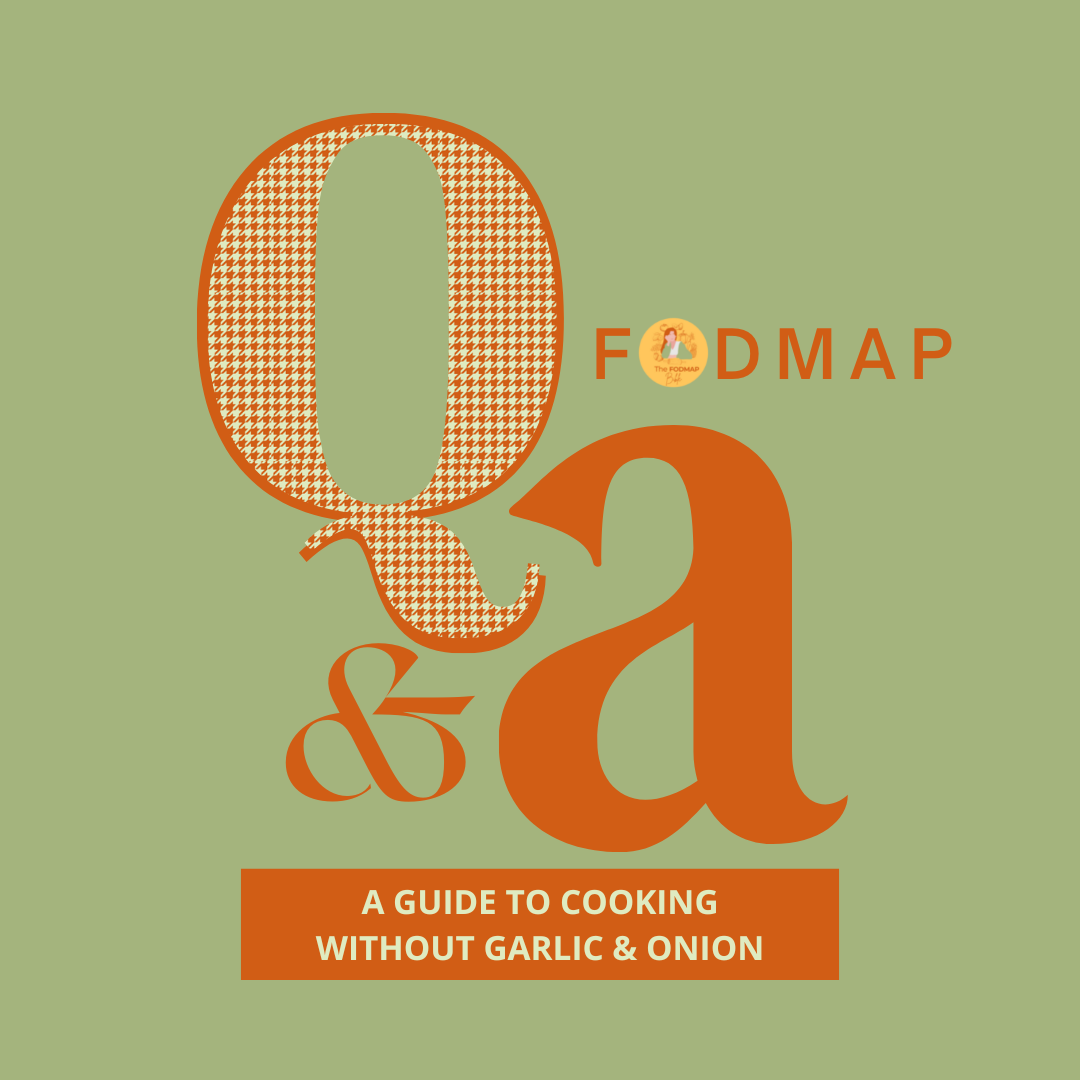
A Guide To Cooking Without Garlic & Onion
It might feel like you just got a life sentence, because you can no longer eat garlic and onion, without ending up with symptoms caused by your Irritable Bowel Syndrome (IBS) and / or Small Intestinal Bacterial Overgrowth (SIBO), but I have fantastic news for you…
You don’t need garlic, onion and other high-FODMAP foods in order to make delicious, nutritious, healthy, balanced and easy meals. Let me explain to you how!
In most cuisines garlic and onion are staple ingredients forming the base of a meal and even though I – too – love those products, you can – in fact – create the same kind of flavor palette by replacing them with low-FODMAP foods. Trust me when I say: spring onion, chives and leek are about to become your very best friends!
1. Spring / green onion
Even though the bulb of spring onions contain (oligo-) fructans, the green tops are low in FODMAP’s and can thus be consumed without limits. So every time you would ‘normally’ chop an onion to fruit, now replace that onion with the green tops of spring onions!
2. Leek
Just like the bulb of spring onions, the bulb of leek also contains (oligo-) fructans, but the green leaves are low in FODMAP’s and can thus – just like spring onion – be consumed without limits.
Leek is high in vitamin A, vitamin K and vitamin B6. Even though in most recipes the bulb of leek is the main part that gets used, the green leaves can form an excellent low-FODMAP replacement for garlic or onion.
3. Chives
(Dried) chives are another absolute must have in your low-FODMAP recipes. They certainly are in ours.
Instead of fruiting garlic with your onion or using garlic powder, add one or more tablespoons of chopped chives. Dried, fresh or frozen, it don’t matter: get your hands on as much chives as you can possibly find and thank me later!
Fun fact: do you know why garlic, onions, shallots, leek, chives and spring onion all taste so similar? They are all alliums and alliums are a group of flowering plants. Thanks to the chemical compounds in those alliums, all alliums can make you cry. And due to their similar taste – they form excellent replacements for one another.
Want to know more about all things low-FODMAP? Follow us on Instagram & TikTok @theFODMAPbible – for recipes, inspiration, explanations and loads of advice on how to make your life on the low-FODMAP diet as enjoyable as it would have been without. Trust me: you won’t regret it, pinky promise!
We hope to see you on our socials 🙂

Please note that we are NOT doctors & we do NOT provide any medical advice
If you’re struggling with symptoms – that could potentially be a gastrointestinal disorder like Irritable Bowel Syndrome (IBS), Inflammatory Bowel Disease (IBD) or Small Intestinal Bacterial Overgrowth (SIBO) – we strongly suggest for you to seek medical help and recommend you to reach out to a healthcare professional, who can offer you the right guidance.
We want to emphasize that the low-FODMAP diet is a medically induced diet, that should be started only when a doctor diagnosed you with a gastrointestinal disorder and should always be done under strict supervision of a specialized dietician or other healthcare professional.
Nonetheless, we maintain strict policies when it comes to the prevention of spreading fake news. Our posts are written by research journalist @byellenmoore and are based upon both scientific research and her own personal experiences with being on the low-FODMAP diet, as a patient suffering from Irritable Bowel Syndrome (IBS). We share what we know, to give you a better understanding of that from which you suffer, in order to make your journey – going low-FODMAP – a little bit easier!
